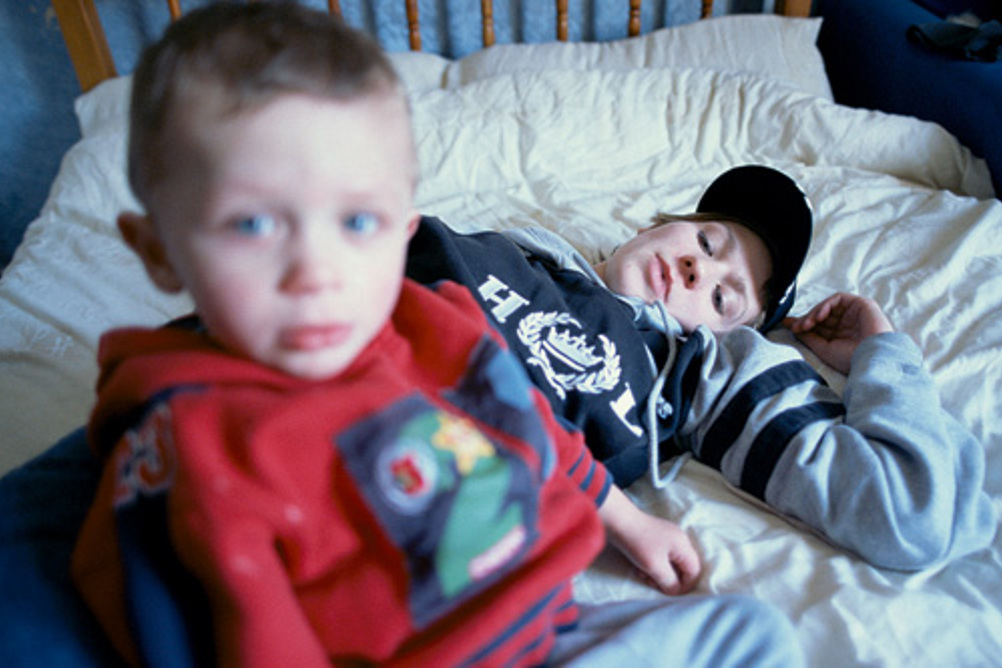
The number of homeless children being housed in temporary accommodation rose by more than a third in the last three years, according to official figures. The BBC reports that councils in England are now providing temporary housing for 120,540 children with their families. The Local Government Association said the growth rate - of about 900 extra children every month - is unsustainable.
Scores of child refugees as young as 13 have gone missing in the UK over the past year after being brought to the country by people smugglers operating in Calais, it has emerged. The Independent reports that more than 100 unaccompanied minors known to have crossed from northern France via unauthorised routes since last August remain unaccounted for by British authorities.
Almost a third of 11-year-olds in England leave primary school unable to swim, a survey suggests. The BBC reports that two-thirds of parents surveyed by Swim England feared their child could not save themselves in water. Ministers have said "more must be done" to improve school swimming.
Pregnant women who believe they need to "eat for two" risk harming their health and the health of their baby, experts have warned. The Express reports that a survey commissioned by National Charity Partnership - made up of Diabetes UK, the British Heart Foundation and Tesco - found more than two thirds of UK mothers-to-be have no idea how many extra calories they need during pregnancy. Nearly two-thirds felt under pressure to eat larger meals.
Police investigated 10,000 children in a year for abusing their parents or other adults in their homes. The People reports that children as young as six were probed for crimes of domestic violence against adults. Alleged offences investigated included murder, rape, kidnap, death threats, false imprisonment and harassment.
Register Now to Continue Reading
Thank you for visiting Children & Young People Now and making use of our archive of more than 60,000 expert features, topics hubs, case studies and policy updates. Why not register today and enjoy the following great benefits:
What's Included
-
Free access to 4 subscriber-only articles per month
-
Email newsletter providing advice and guidance across the sector
Already have an account? Sign in here

